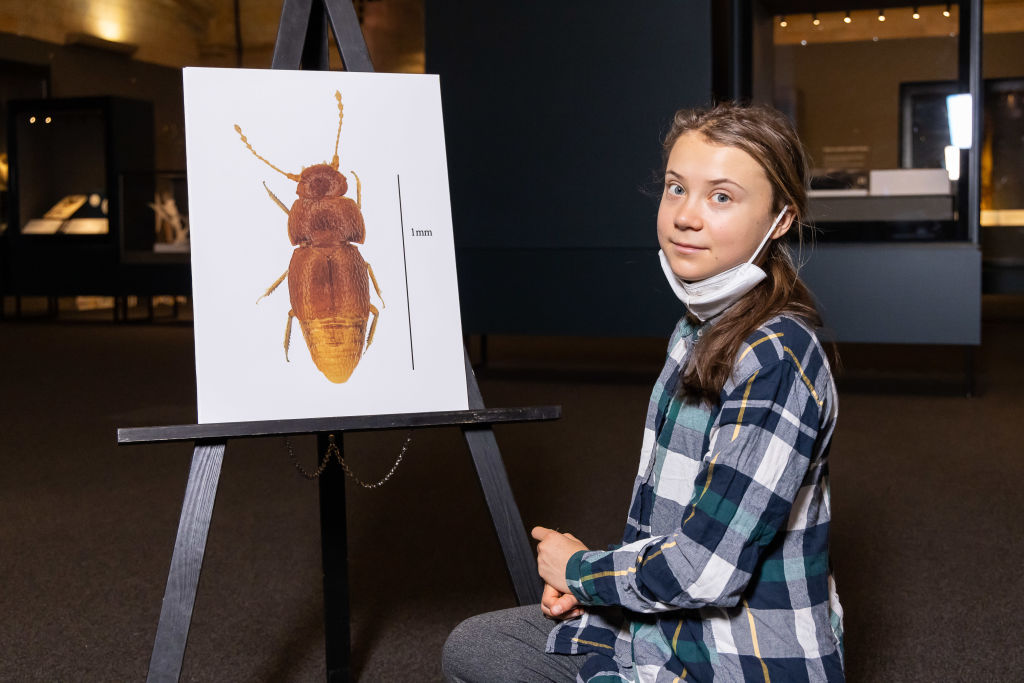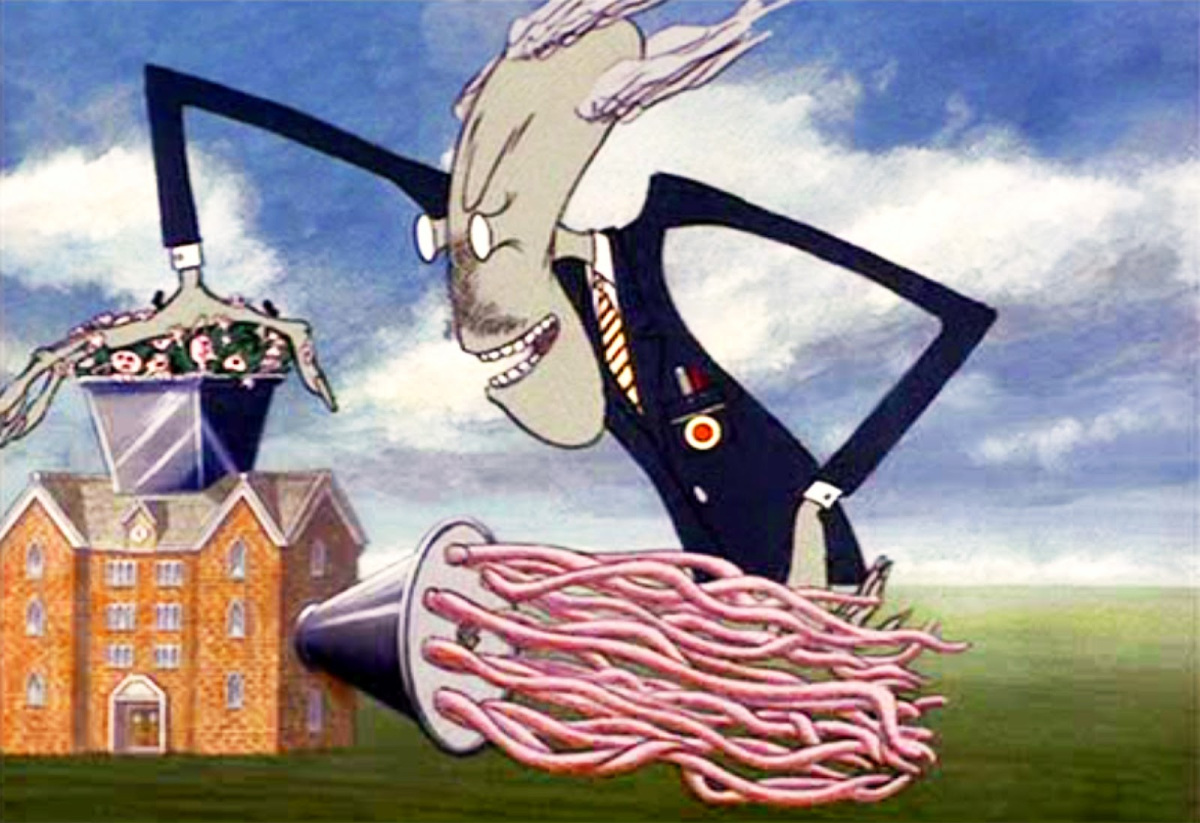What I saw at the American Academy of Religion.
The Climate Death Cult

The injustice of an inhuman religion
On April 22—Earth Day—the climate activist Wynn Alan Bruce, of Boulder, Colorado, set himself on fire outside the U.S. Supreme Court in Washington D.C. The day after his death, the climate scientist Kritee Kanko tweeted, “This guy was my friend…This act is not suicide. This is a deeply fearless act of compassion to bring attention to climate crisis. We are piecing together info but he had been planning it for at least one year. #wynnbruce I am so moved.”
Kanko’s sanguine, even proud, reaction to a friend’s self-immolation is an example of what has become increasingly obvious to anyone who has kept up with today’s professional tree huggers: climate activism is now a death cult.
I have family members who work in the field of environmental protection, so I grew up around plastic reduction measures and solar panel installations and manuals about composting and recycling bins. I’ve worked on environmental projects my whole life, and I believe that we have a moral responsibility as the stewards of creation to protect it, especially when we see, for instance, how microplastics are causing infertility or how soil degradation is costing farmers money while lowering our food quality. But the “climate justice” movement, far from fighting to protect us, aims to destroy not only our quality of life today, but the existence of the human race in the future.
Consider the following headlines: “Climate change is making people think twice about having children,” from CNBC, “Your Diet Is Cooking the Planet,” from the Atlantic, “Social Distancing? You Might Be Fighting Climate Change, Too,” from the New York Times, and “Climate change anxiety is real. Here’s how you can manage those feelings,” from NPR. When the mainstream media marches in lockstep on this question, it is clear that there is a concerted push to make you feel bad for being a person. After all, we emit carbon with every exhalation.
And so, in the name of saving the world, the climate movement increasingly seems to think that things would be better if we were all just dead. Or, at the very least, no longer living in any recognizably human way.
The poster child of the climate movement, Greta Thunberg, convinced her mother to quit her very successful career as an opera singer because it involved flying and emitting so much carbon. When asked by the Guardian whether or not she felt “guilty” about putting a wrench in her mother’s career, Thunberg responded, “It was her choice. I didn’t make her do anything. I just provided her with the information to base her decision on… Of course, you could argue one person’s career is not more important than the climate, but to her it was a very big thing.”
Is any of this is actually about “climate change,” and the computer modeling that suggests that the average global temperature could rise by 1 or 2 degrees in the next 30 years? Do people really think that refusing to have children for a greater cause, eating and drinking ascetically, sheltering in place, patiently sorting our garbage, and worrying scrupulously about the future of humanity, is actually about saving the planet?
This whole movement seems to have become a new religion with its own version of salvation and damnation, redemption through works, and the promise of world-ending cataclysm. This religion has no spirit. It is for modern men and women who believe themselves to be accidents in an accidental world. Spiritually bereft, unhappily nihilistic, and aching for rules and boundaries and moral purpose in their lives, the poor souls comprising this miserable cohort nevertheless refuse to admit that the emptiness in their hearts is shaped like God.
Climate change activism is the perfect religion for these materialist-atheists. The Greta Thunbergs and the Al Gores of the world get to hide behind scientism to make existential meaning of their lives, and the scientific debate over climate change has been replaced by an apocalypse narrative for secular modernists who chuckle at Revelation. Hellfire and brimstone are passé, but climate fire and suffocation by carbon dioxide are so real that we must sacrifice living for the sake of life on earth.
Wynn Alan Bruce, climate martyr and climate saint, killed himself in a climate memento mori. We can pass him off as a clearly disturbed man and pray that his soul has found eternal rest, but what to say about the fact that a movement exists that valorizes him? In the long term, like the Shakers before them, climate activists will write themselves out of the future both with purposeful childlessness and by refusing to engage in life on normal terms. But what about the short term?
We can live our lives with good-old fashioned morality. We can have children, we can raise them to have faith, we can latch onto the virtue of faith ourselves and refuse to let go no matter the circumstances. In other words, we can take on the mantle that climate activists refuse: the mantle of believing in the future.
The American Mind presents a range of perspectives. Views are writers’ own and do not necessarily represent those of The Claremont Institute.
The American Mind is a publication of the Claremont Institute, a non-profit 501(c)(3) organization, dedicated to restoring the principles of the American Founding to their rightful, preeminent authority in our national life. Interested in supporting our work? Gifts to the Claremont Institute are tax-deductible.
Blue-city urbanization imposes a downward mobility people don’t want and don’t need.
An unholy alliance of planners, financiers, and leftists wants everyone to live in mass social housing developments.



